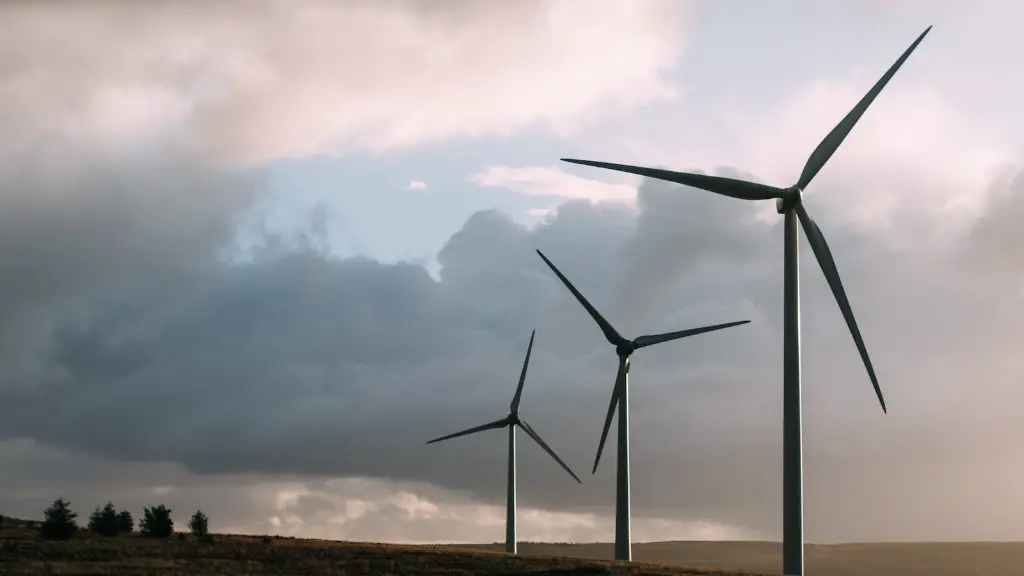When discussing climate change and its impacts to our ecosystem, the mentioned of carbon dioxide and methane are almost inevitable. These primary emissions are oftentimes the causes of global warming, because their presence and abundance in our atmosphere can cause a phenomenon known as the greenhouse effect.
For centuries, increasing amounts of the gases carbon dioxide and methane have been present in the atmosphere, trapping heat and raising the earth’s temperature. As human activities increase the emission of these gases from the burning of fossil fuels or inflate them from agricultural sources, the levels of these two gases continues to rise.
Methane is about thirty-five times as potent as carbon dioxide when it comes to trapping heat in our atmosphere, making it a noteworthy player in the global warming story. About a quarter of all human-made global warming is caused by methane, a gas that is emitted by a variety of natural and human sources, including water distribution systems, landfills, agricultural activities, and oil and gas production. For example, methane production from cattle is estimated to account for approximately 20% of global emissions.
Unlike methane, carbon dioxide is a byproduct of burning fossil fuels, such as coal and oil, which humans have relied on as a major source of energy. Fossil fuel combustion has caused the amount of atmospheric carbon dioxide to reach much higher levels than could naturally be found in our environment. Consequently, carbon dioxide is the most important long-lived greenhouse gas contributing to global warming. As of 2021, the U.S. Energy Information Administration reported that coal-fired power plants’ carbon dioxide emissions account for approximately one-third of total U.S. greenhouse gas emissions.
It is well known that the burning of fossil fuels not only increases the levels of both carbon dioxide and methane, but also leads to other by-products, such as carbon monoxide. When humans burn fossil fuels, these carbon emissions are released into the atmosphere, where they contribute to rising temperatures, record-breaking heat waves, melting glaciers and polar ice caps, and other extreme weather events.
Climate change is a global problem that affects us all, and reducing emissions of carbon dioxide and methane is a critical part of the solution. To mitigate these effects, much needs to be done to reduce the use of fossil fuels, such as the implementation of renewable energy sources, reductions in waste production, and the adoption of sustainable methods of agriculture. Despite the challenges, collective action and positive changes can be made in order to help reverse climate change and save our planet.

